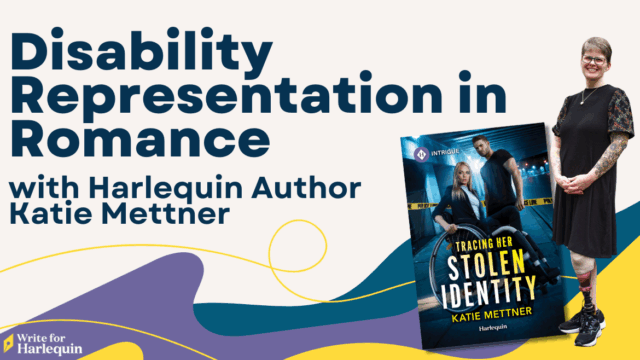Patience Bloom, Senior Editor for Harlequin Romantic Suspense, has her own blog on writing–RomanceIsMyDayJob.wordpress.com. She’s volunteered (was coaxed!) to let us repurpose some of those posts here! This one seemed like the perfect introduction….
How to Impress an Editor…
I was thinking a lot this week about what pleases me as an editor free coffee, a day of no meetings, Starbucks downstairs. Often it’s an writer’s preparedness, flexibility and niceness–and talent, too. Over the years I’ve met a lot of authors at conferences and came up with a list of ways to stand out to an editor. Of course, it’s more important to deliver the best work possible, but in addition to this, some tips to remember:
Don’t worry about being nervous (you should see me the day before I travel). Just come prepared and ready to talk about your story, however you want to pitch it.
I’m not a fan of elevator pitches, but I give kudos for persistence.
Edit your work thoroughly. It’s so satisfying to see a proposal that is typo-free and grammatically sound. Never leave all the work to the editor.
Know the publisher. As with a job interview, you want to investigate a company and read its books, understand each imprint, and the submission process. This will give you more control, as well. Informed is well armed–and a confidence booster.
Professionalism: Be nice. I can’t say that 100% of writers I’ve worked with are sugar and spice and everything nice, but a professional/cordial demeanor certainly motivates me to work harder. It’s crazy, I know, but if a person asks me politely for help, I want to do whatever it takes. Barking and ordering makes everyone miserable. Isn’t life is too short?
Optimism: The more positive you are about your work, the more I want to know about it. Writing can be a lonely business, but regardless of the storm cloud over your head, pretending optimism can go a long way, even if it’s only for 10 minutes with an editor. Then get yourself a piece of cake (that’s what I do).
Flexibility: I love when a writer can take criticism and make her story even better than she’d imagined. Revising doesn’t hurt. And if it does hurt too much or feel off, maybe you’re getting questionable advice.
Know a little something about the editor you’re pitching to. This is not a must, but I tend to remember people who are aware of what books I work on, my author base, maybe my favorite band (Duran Duran). It’s called narcissism.
Never give up on this dream. I always love hearing about a writer’s first sale after years and years of writing. I’m a prime example, though I didn’t try to publish as actively as most romance writers. After decades, I even took a break to not write and sometimes you need those hiatuses. No matter what your situation, just don’t give up on anything that you want so passionately. This will impress an editor.
Thanks, Patience! Her own memoir, Romance Is My Day Job, is coming out next February. Meanwhile, catch her on Twitter at @PatienceBloom or find out more about Harlequin Romantic Suspense through their Writing Guidelines, Harlequin Community Forums, or at #HarlequinRomanticSuspense.
Happy Reading–and writing!




